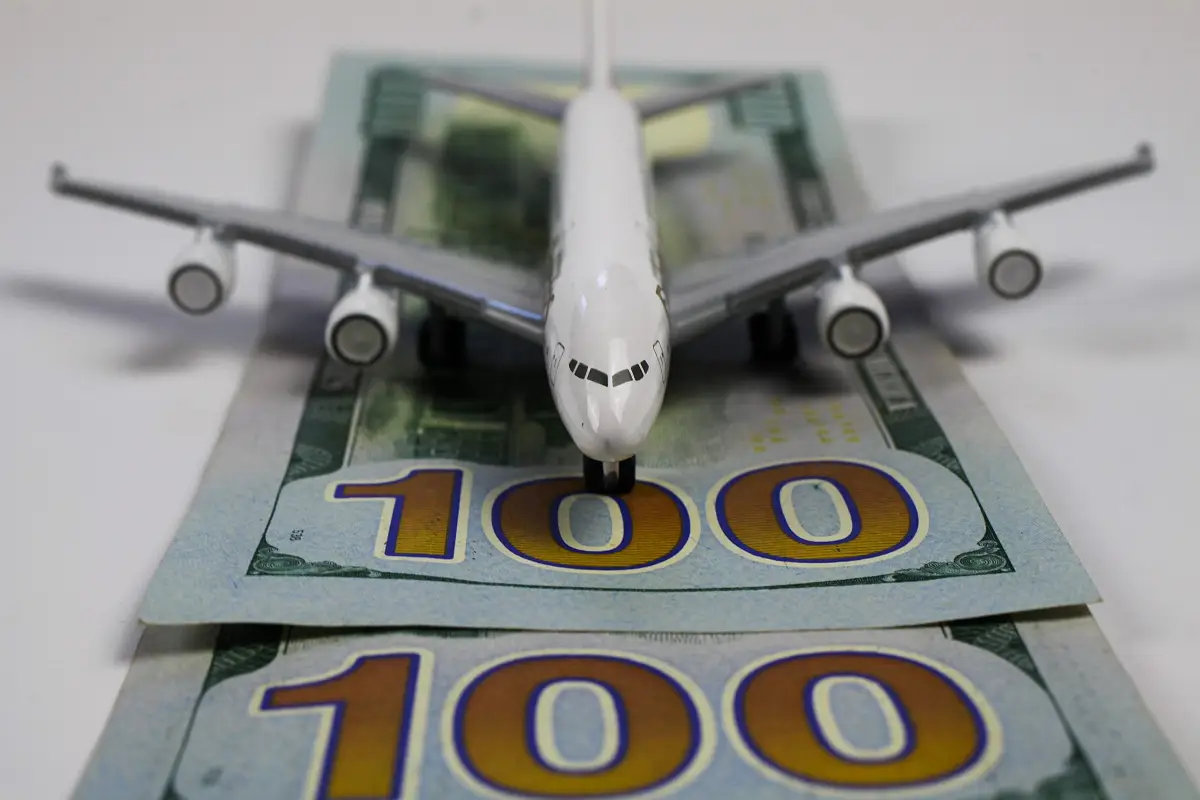
USA: airfare transparency at risk
Fifth Court of Appeal reopens case on "junk fees": convened en banc, will re-examine the controversial regulation

The current rules, desired by the Biden administration, require airlines to disclose upfront ancillary fees, such as baggage and seat selection, to eliminate so-called "hidden fees". The final court ruling will have a billion-dollar impact and will define the scope of the Department of Transportation's regulatory authority.
The United States Court of Appeals for the Fifth Circuit announced yesterday, October 2, that the full court of 17 active judges will rehear the appeal filed by Airlines for America (A4A), the trade association representing the major US carriers, against a key Department of Transportation (DOT) rule on the disclosure of ancillary fees.
The move by the appeals court, based in New Orleans, reopens the debate on regulating the costs airlines charge for add-on services such as checked baggage, seat assignments or booking changes. The rule, finalized by the DOT in April 2024 during the Biden administration, was designed to protect consumers from what the agency describes as "surprise junk fees", ensuring that the total cost of a trip is known before booking.
According to the DOT, the transparency requirement would have delivered consumers an estimated saving of more than $500 million per year, eliminating unexpected ancillary costs that can quickly inflate the final price of an apparently low-cost ticket. The department has strongly defended the rule, citing its statutory authority under 49 USC § 41712, which gives it the power to investigate and prevent unfair or deceptive practices. In June 2024, in response to pressure from the airlines, the DOT had already refused to stay implementation of the rule, arguing that further delay would harm the public interest.
The legal action was brought by A4A, whose members include legacy carriers American Airlines, Delta Air Lines, United Airlines, Alaska Airlines and JetBlue. The carriers dispute the DOT's authority, arguing that the agency exceeded its regulatory limits by issuing such a broad, prescriptive rule instead of limiting itself to examining deceptive practices on a case-by-case basis. In filings, the airlines also accused the DOT of having based the regulation on economic analyses that were "arbitrary and capricious" and of not having provided sufficient opportunity for public comment.
Initially, in January 2025, a three-judge panel of the Fifth Circuit had partially sided with the DOT, finding that hidden fees can indeed mislead consumers. However, the panel criticized the department for procedural defects, in particular for not allowing comment on the economic study used to support the rule, and remanded the matter to the agency for correction.
With the en banc rehearing (en banc, ie, with the full bench of 17 judges), the fate of the rule remains uncertain. The rule is currently stayed following an order issued in July 2024. A potentially adverse ruling by the court could vacate the regulation, significantly weakening the DOT's consumer-protection agenda in the airline sector. The Court of Appeals' decision, which could even take the case to the United States Supreme Court, is crucial not only for price transparency but also for defining the scope of federal authority in the aviation industry. The situation is further complicated by the DOT's recent change of direction under the new administration, which has already rolled back other passenger-protection proposals from the Biden era.
AVIONEWS - World Aeronautical Press Agency